The Drums, an interview with Jonny Pearce: “Media wanted us to be a band but we’ve always been an art piece”
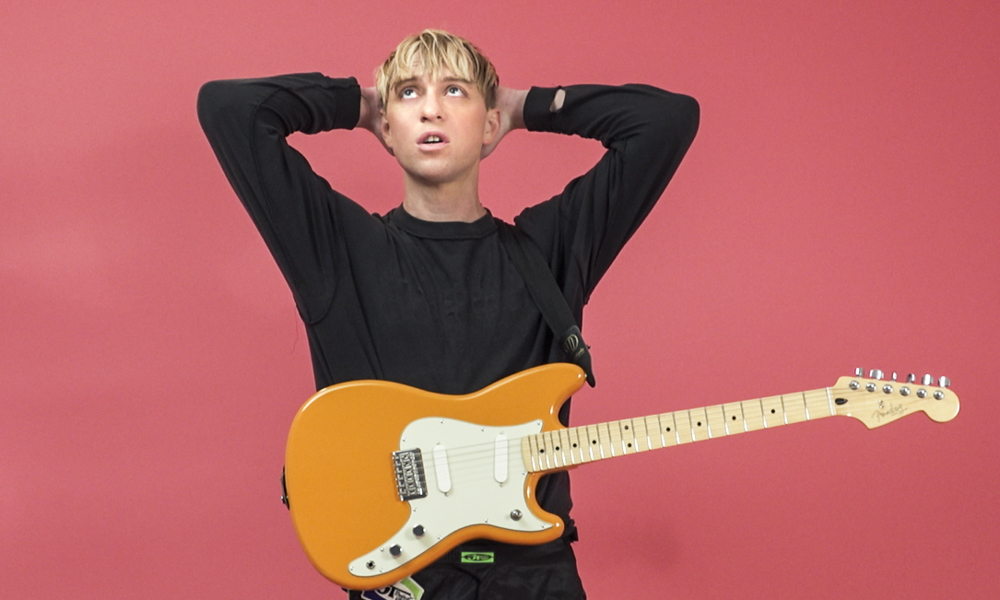
The Drums started as a four-piece in 2008 and enjoyed great success in the UK when they released their self-titled debut album in 2010. Hailed by the media as the new Smiths, they endured internal difficulties like the Manchester band, releasing their fourth record Abysmal Thoughts last June as a one-man act. Filippo L’Astorina has an all-encompassing, revelatory chat about the present, past and future of the Drums with its surviving member, founder and singer-songwriter Jonny Pearce.
Hello Jonny, you are in between your European tour which ended in London and the US leg. How did it go?
To be honest with you it was the best time I’ve ever had in the nine years touring with this band, I never enjoyed it so much. A big part of that is that I was able to make all the decisions and one of these decisions was that I really wanted just to be myself on this tour. It’s the silver lining in what seemed to be a disaster at the beginning, having my band members one by one drop out and it could have been a very scary thing but I looked at it as a chance to finally express myself exactly as I wanted. I don’t know if that would have been possible to do if there were still other band members so, it was so refreshing to do and think: this is what I should have been doing all along. When you are on the road for nine years but you feel like you have one of your hands tied behind your back, it’s really wonderful when you finally are free to just be who you are. The whole album Abysmal Thoughts was a chance for me to really talk about real things that I’m going through, real thoughts that I have. It’s an album that is very based in reality. So I was able to sort of bring that spirit along with me on to the stage and I can honestly say that I never held such a connection with the people who appreciate the music and buy the record. I get letters every single day from people who say how this last album has really touched them and how it’s the only thing they are listening to to keep them feeling ok. I have a lot of people talking with me about suicide or gay kids that are terrified, learning that they are gay and not knowing what to do. There’s a lot of turmoil out there and there’s a lot of turmoil in my life. It’s not all fun. By talking about it on the album, and while I’m on stage, it just gives me more of a sense of purpose. When I got off stage in London, which was the last day of the European tour, I told my band how it is the first tour when, at the end of it, I wanted to keep going. Usually, I’m just completely exhausted and ready to take a break for a while. But that wasn’t the case here.
I remember I was quite excited about the Drums when the band came out in 2010, but I was also confused about all the hype and the general hunger for a Smiths revival, which was how the media – especially the NME – tried to sell your arrival. But then, upon release, I listened to the album and I understood there was much more. What do you remember of those days and how do you feel now about the music you make compared to then?
I’m grateful for the hype because it took my band from being a band no one has ever heard of to a band that the whole world knew. I could go to Indonesia, I could go to Africa, I could go to Alaska or Russia. And people would buy tickets to come and see the band. I don’t think that would have happened without a real push by the UK press. So I’m grateful in that respect but the part that wasn’t right about all that was that I never felt I was able to be myself. NME would say “they’re the new Smiths or they are the new Strokes, they are the new this they are the new that”. NME never stopped to just ask us “who are you?” and more specifically to me. I think anyone who sat down with me long enough knew that I was gay, but no one wanted to talk about it in the UK.
“Anyone who sat down with me long enough knew that I was gay, but no one wanted to talk about it in the UK.”
Everyone wanted me to be the new Julian Casablancas or the next whatever. No one wanted to let us be who we were. We’ve always been a weird band, these outsiders, but in order to sell a lot magazines and get a lot of clicks and views, they had to say “oh they are the new orange juice”, something that would help the average music listener digest who we are. The Drums are much more complex, much more strange than those bands. We are weirdos, I’m a weirdo. I’m a loner. I don’t hang out much with people who are from other bands. I don’t care about band culture. I’ve always looked at the Drums as more of an art piece than a band. But everyone wanted us to be a band. That’s kind of where we were pushed in the press, and I wasn’t able to express who I was personally. Nobody was interested in who we were, they wanted us to be cute boys with guitars, the next Strokes. It was reductive and a very simplistic approach to who we were. And that really bothered me. What’s so nice about not having all that pressure is that it gives you more space just to talk about yourself. There isn’t pressure to keep up with the Strokes or whoever. I can just be exactly who I am and we’ve been noticing we’ve been connecting with fans more, we played bigger rooms throughout Europe, and it feels exciting again. During Portamento and Encyclopedia personally I just wasn’t as inspired as I wanted to be. I’m a little bit older now and I understand what’s important in all of this. Of course it’s about the music – I love making music, music saved my life – but it’s really about a lot more than that now. It’s about expressing who I am and hopefully being able to help people. And that was never really a goal of mine or anyone else around me so it just feels much more natural and real. The songs I write now they resonate with me, the only song on the first album that still resonates with me would be Book of Stories. Everything else sounds nice but doesn’t touch me the way I wish it would. Whereas I can listen to Abysmal Thoughts and because I’m being so honest on that record it really feels home to me. There have been a lot of big changes but I wouldn’t wish to be anywhere but where I am right now.
From a very practical point of view, how do you write songs? Do you grab a guitar, start to play and sing on the music?
Well, I actually never really talked about that. I am not classically trained; I took two or three piano lessons when I was a kid. It took two or three drum lessons and maybe one on bass guitar. Learning in a traditional way has never worked for me, in school or picking up an instrument. I’ve been making music since I was like 12 or 13, and it’s always been just by ear. But I never pushed myself to really learn a lot. I’ve never sat down with a guitar and said “all right I want to learn how to play this Bon Jovi song” (laughs) it’s never been interesting to me to cover other bands, I always wanted to make my own music. But I didn’t know how and I didn’t want to take lessons because I have authority problems so I don’t want anyone to tell me what to do, even if it’s just somebody telling me how to play the G chord. It annoys me. I have real control issues, since I was a little kid. So I just thought: I’m gonna make stuff my own way. My dad gave me a synthesiser that he used to play in the church, this analogue sequential circuit synthesiser, so when I was a teenager I started writing a song on that synthesiser, which had an on-board sequencer with six different tracks. So you could make one of the sounds a bass sound, and record it, in a loop, and one of them could be a lead, another a snare drum, another a kick drum. They sounded like shit but you could make your own percussive elements. With these six sounds I would build songs. I would hit record on a tape machine and I would play the sequences and sing live with the microphone. And that’s how I recorded my songs. All of it was one note at a time, there wasn’t the technology to be recording chords on that synthesiser so I learnt this process one note at a time. And I kept that way of recording, I was always obsessed with synthesisers from that moment on and I was always recording one note at a time. You couldn’t play chords so that’s how I was always building my songs. When I started the Drums ten years ago I had never picked up a guitar to make music because I was so into electronica but I thought: maybe I’ll try something new. So I picked up this guitar and I started recording a song called Best Friend, which is the first song on the first album. And I started recording it just how I was recording with my synth: one note at a time. And I was plucking around and I would add another track and play one note on top of the note I had already recorded. And pretty soon I had just structured the song sort of in a way that I was doing it with my synth. There’s no chord, I’m not doing anything complex. I would just build one sound at a time. So all the way through the first album, Portamento, Encyclopedia, and even Absymal Thoughts, everything is done one sound at a time. That’s how I build tracks, it’s a little bit tedious – I do the same thing with the drums. I set up a microphone and I start with a snare drum. I don’t have a whole kit, just a snare drum, a kick drum and a tom. So I just record a single hit on a snare, and I take that sample that I made and I place it throughout the song so it sounds like there’s a lot of drumming there but it’s just a single snare hit 300 times throughout the song. Then I usually play a tambourine or a shaker to make it sound a little bit more human. So what really my tracks are is not like a band setting up and playing through a song, it’s literally thousands of little samples: snare, guitar and so on. I play them myself but I have to put them together because I don’t have the know-how to really play through a song. Like I couldn’t pick up a guitar right now and play Let’s Go Surfing for you, I couldn’t do that. I don’t know how to do that.
“I couldn’t pick up a guitar right now and play Let’s Go Surfing for you, I couldn’t do that. I don’t know how to do that. I did, however, write that song by myself and recorded it.”
I did, however, write that song by myself and recorded it, but it’s all just little samples so I had that [he mimics a sound with the voice] I played that once, I tried like 200 times, and I finally got it right, I kept that and I looped that part. It’s really just looped a hundred times throughout the song, there’s not somebody sitting there playing it for three and a half minutes. So that’s how I build my songs. Sometimes I have a thought that inspires the music, but I think more often than not I just sit down and I start writing. Music sort of gives birth, opens me up and prompts me to start thinking and dwelling on what I’ve been going through and before I know, a song emerges.
Do you then write down what you were singing and refine the lyrics? Or does it all happen as you sing?
I don’t really write too much down. Every once in a while I think of something very clever and I’m afraid that I’ll forget it, so I write it down. But I never sat down for a day and written down a bunch of lyrics or a poem or anything like that. It’s always writing in the moment, which is a magical moment. I’m a deep thinker, I think all day long. Getting the thoughts out is a little bit difficult sometimes. So I sit there with the music, I loop the songs and start humming. And all of a sudden some words would form. All you need is a few different thoughts. I live in that spirit anyway, and I link them all together. I think I write more with my subconscious than with the front of my brain. I’m always thinking that the best approach for me is to just look at the music force things out of me. And what’s beautiful about Abysmal Thoughts is that it’s just one of those records I don’t remember working very hard on it. It’s like the first album I had written; I don’t really have many memories at all of recording it because it came out so seamlessly, it was a record that wanted to exist. And it was the same thing with Abysmal Thoughts. I would sit down and a few hours later I would have this beautiful song, I don’t understand how it just came together like that. It just happens sometimes. I already started working on more music, as soon as the European tour finished, I started to set up a studio in Harlem. There’s always an excitement when you are setting up the studio, I always feel really flattered, but as soon as it’s set up I’m like: oh f**k now I actually have to write something. It’s a really weird sort of black feeling, very intimidating. It’s different from when I started the band, it was out of joy of making music. Now I know that there’s an audience for what I do and they wonder what I’m gonna say, what I’m gonna do. I would be lying if I said that doesn’t worry me sometimes. I’m human, it’s an element of my life now that people are listening. What it does is that it only pushes me to release stuff I only believe in.
I really enjoyed Abysmal Thoughts and I can see how what you say is reflected in the lyrics. I think the trademark of the Drums is that contrast between meaningful lyrics and a playful, lighthearted sound. When you play live though there’s also another element that builds on the playfulness: your dance moves. Do you rehearse and repeat them?
I never choreographed anything. I’m always open to just expression. I don’t know why I felt I needed to dance on stage, I always loved dancing when I was a kid, I actually took ballet for some years but then I quit that because I was getting bullied for it.
“I always loved dancing when I was a kid, I actually took ballet for some years but then I quit that because I was getting bullied for it.”
Then when I moved to New York City and I got into house music and techno, so I would just be out dancing. I would love it, love it, love it, so I would dance a lot until 8am. Dancing has always been something that I enjoy and it sort of found its way into the band. I remember our first ever show in a little place called Cake Shop in the Bowery side of Manhattan and I had not planned on dancing but I was on stage and I just started dancing around. There are certain things that I do in certain parts of the show that might seem choreographed because my subconscious sort of learned what it likes to do but I never sat down and said: ok in this part of this song I’m gonna raise my left arm and move my hip. I just kind of go with the music and let it be organic and natural. And I’m always open to listen to myself: there are certain shows I dance less because it feels more appropriate and there are shows where I go ape shit. I just try to listen to my heart, but that’s what you have to do, and be sensitive. If I was moving exactly the same way at every show some of those performances wouldn’t feel genuine. So I try to feel the room, feel the spirit of it and kind of see what’s appropriate.
How is your relationship with other bands and singers? I remember when Boy George sang on stage with you at the Roundhouse a couple of years ago.
Boy George came to our first show in London in 2010 and he’s been a friend of the Drums ever since. He really liked the band and he would invite us over for Thanksgiving dinner and we would go to Starbucks together. So I just asked him if he’d like to come and sing with me and he said yes immediately. It was a lovely time. I’m more of a person… person? [ironically wonders] I’m not into bands, I don’t really care if someone is in a band. If someone is a good person I share a common interest with, I could be friends with really anyone, as long as we have things to talk about. It’s not more exciting if someone plays guitar, for me. I never cared about band culture “oh man let’s hook up together and jam on Saturday”, those are like my least favourite words on earth. That idea of getting together with a bunch of dudes just to rock out is so depressing to me. I don’t like any of that stuff. I don’t like music festivals, hanging out in green rooms. To be honest, I like gardening, I like hiking in the mountains, I love dogs, I have a little boat, I like boating. I’m not a band person, I just happen to write music and happen to have a little bit of a knack for melodies.
“I never cared about band culture, it’s so depressing to me. I don’t like music festivals, hanging out in green rooms. I like gardening, I like hiking in the mountains. I’m not a band person, I just happen to write music and happen to have a little bit of a knack for melodies.”
I have some things to say and so I do that but when I’m not on tour I go to the movies and I hide away. I have this little cabin where I used to do my writing, near the lakes in Upstate New York. I just disappear. I plant trees, I mow the lawn. I truly hate band culture. And I don’t see shows. When I’m here in NYC, even if a friend is playing I won’t go to the show, it’s depressing to me. I love music, but I like music as a personal experience, with headphones. I admit, I went to a Björk show four years ago and as much as I love her I was like “ready to go”. But at least with Björk there’s something to look at. I can’t stand when there are four guys with guitars and a singer: not interesting.
How do you feel about yourself and your band as you perform then?
I think our band is f**king weird but I don’t even know if I’d go to see me. It’s a really weird thing. The thing weird about being in a band is that you never really actually experience your own show. You are out on the road half the year, every night you play a show – I played a thousand and one shows – but I was never able to experience my own performance. I’ll never really know what it’s like. I’ve seen videos of it but it’s totally different from watching a band live. I can just guess what it’s like for the audience. Some people said: “Jacob left and now there are all these synthesiser sounds playing, electronic stuff going on, they must be using a lot of backing tracks”. Some people care about that, some others don’t. I call it a band but I don’t see it as a band, I always looked at the Drums band as an art project.
“I call it a band but I don’t see it as a band, I always looked at the Drums band as an art project.”
I think people either like that or they don’t, but I’m not gonna change what I’m doing, this is how I express my art. Just because Grizzly Bear need someone to play the glockenspiel, I don’t need that, I can record the glockenspiel and have it played out. We are this weird thing you go see, I don’t care if they consider us a “real” band, I just want people to think we are real.
They say the second album is the most difficult, because of the pressure and expectations. In a way do you think your next album is going to be your second second album?
(laughs) I guess so, it’s a good question. Abysmal Thoughts was like a rebirth in a way for me. There were a lot of firsts, it felt like a debut kind of. There’s a million ways I could take this in a thousand different directions, I’m just sitting down now and see where I want to go with this. A lot of people asked “why didn’t you just release this album as Jonny Pearce?” and I told myself “you owe it to yourself, to make another Drums album, call it The Drums and make it known you made the whole thing”. In a way, this would honour all my hard work. When Jacob left the band, had I said “oh that’s the end of the Drums” and went ahead and made a record under the name Jonny Pearce, I probably would have not made it sound as Drumsy. That would have sent the message to my fans and other people: “Oh you see he was just the singer, he couldn’t make a Drums album without another guy”. But I just wanted once and for all to just show the world, even though I was quiet about my participation in making the albums, that I was the guy doing all the work behind the scenes. I wasn’t just the kid with the blonde haircut. I needed that for some reason, I know it’s not very Buddhist, there’s my ego there. I was just trying my best and now I’ve done that, most people know that I was the centre of what this band has always been, which was important for me. The question is: where do I go now? Do I make a Jonny Pearce record or a Drums record? For either of those records, how is it supposed to sound? I ask myself a lot of questions and I remain open, and let the music tell me, rather then me tell the music what to do.
Filippo L’Astorina, the Editor
For further information and future events visit the Drums’ website here.

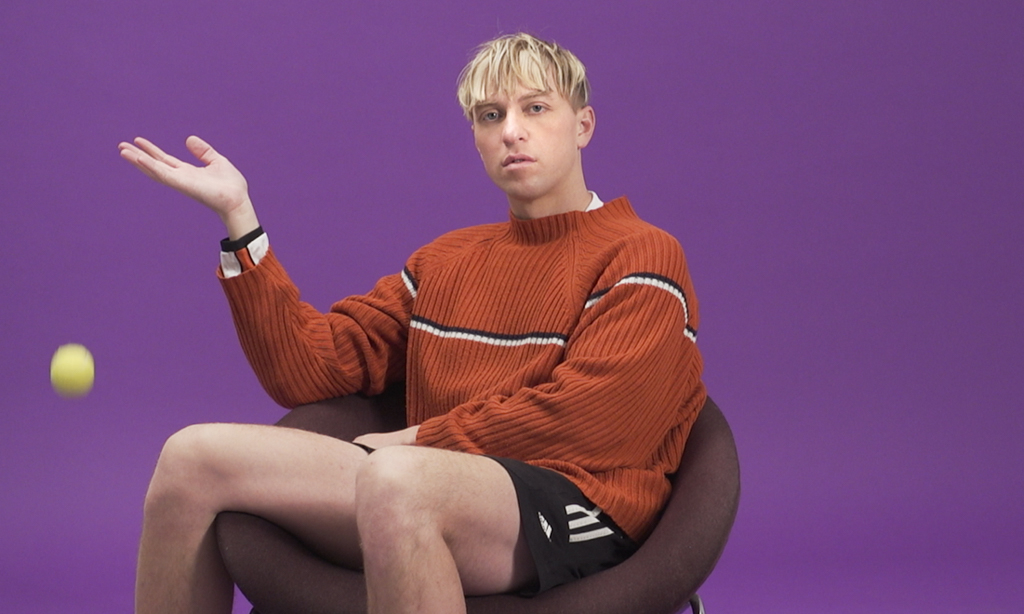
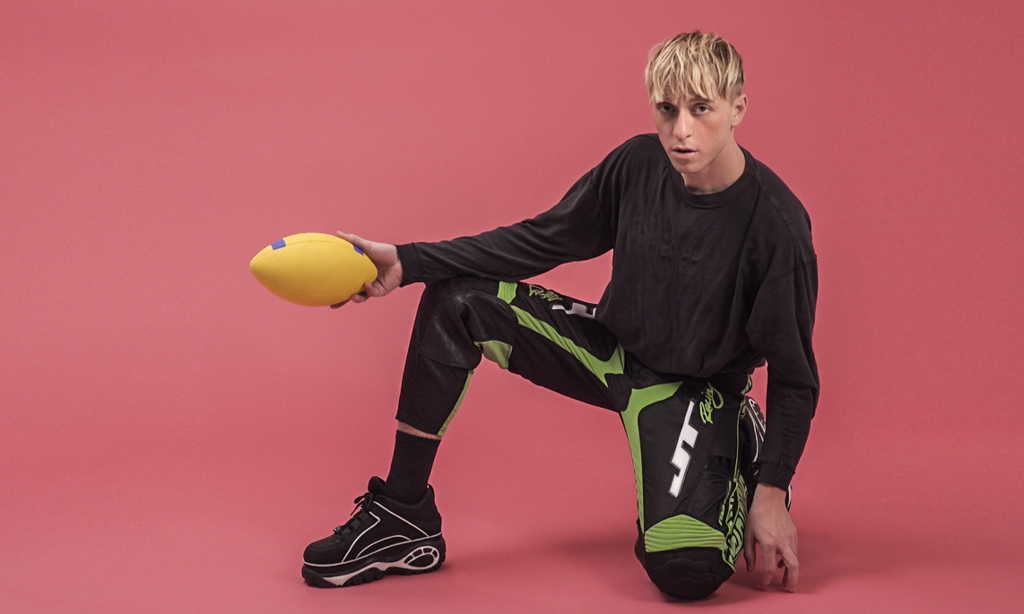
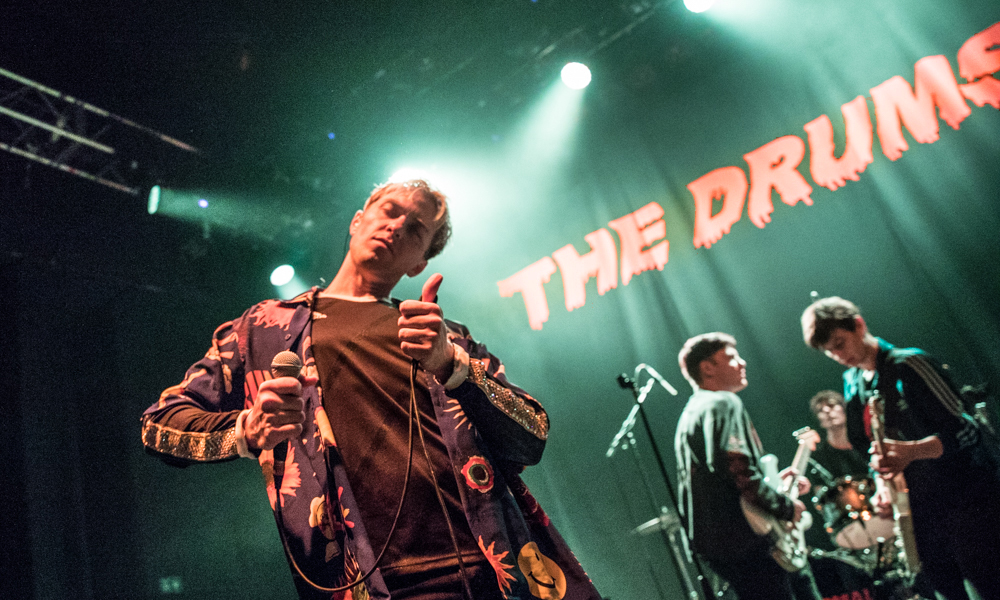
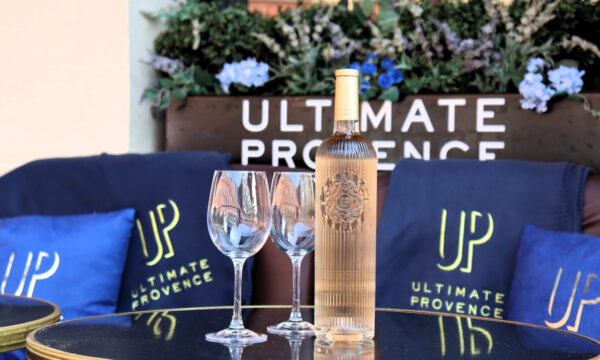
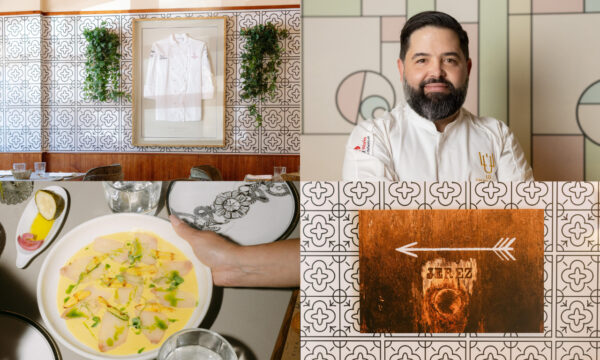

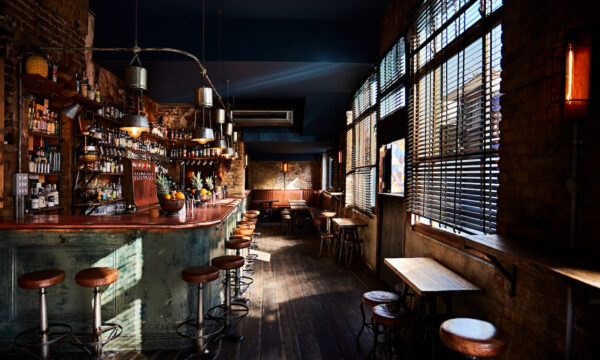
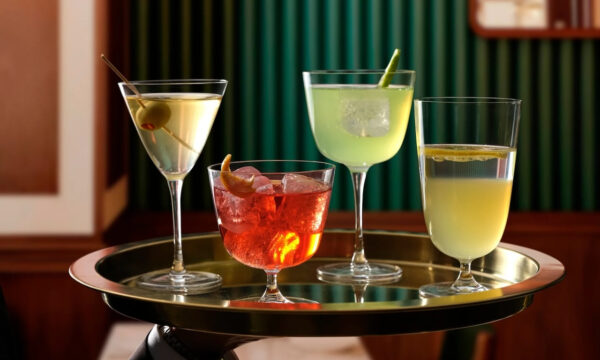
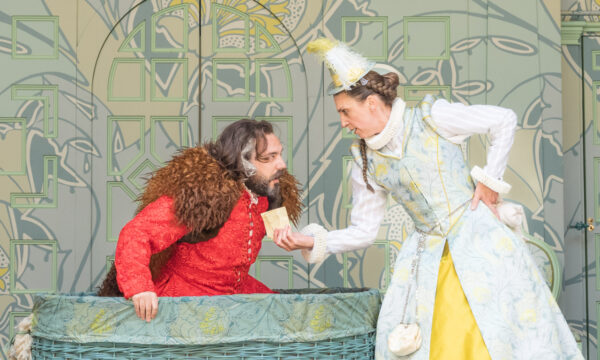
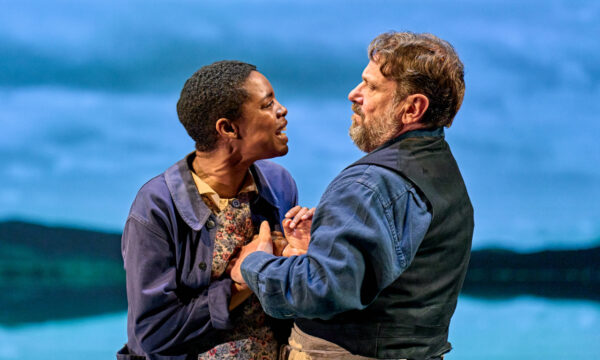
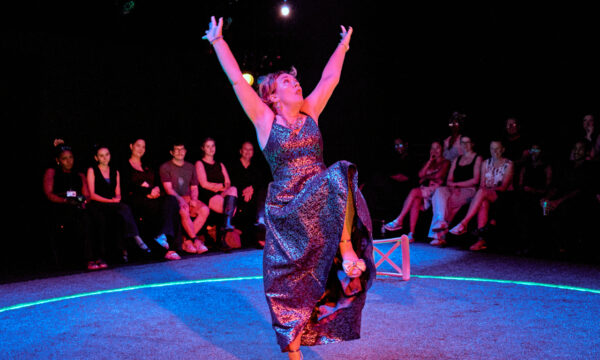
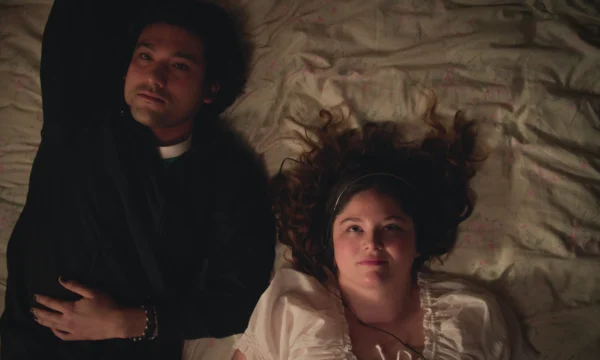
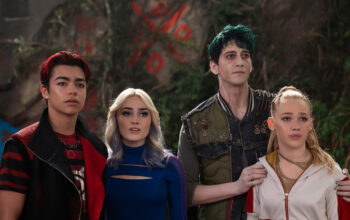
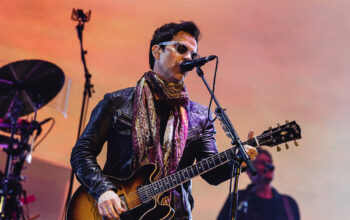
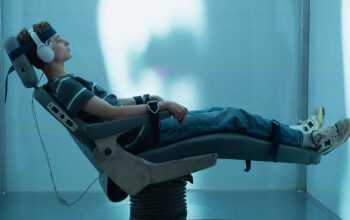
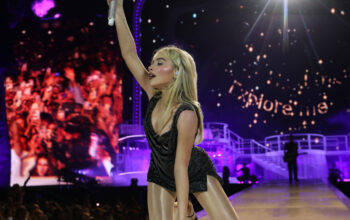
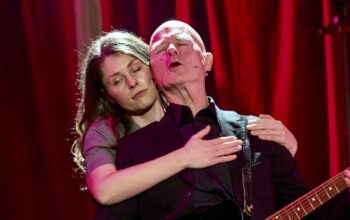
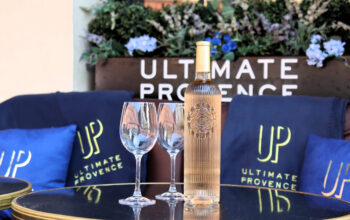
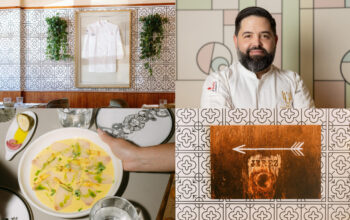
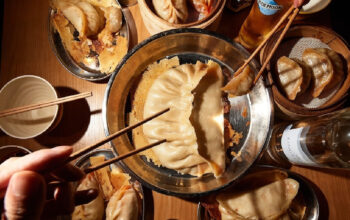

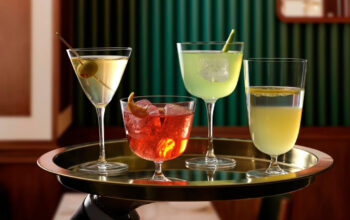
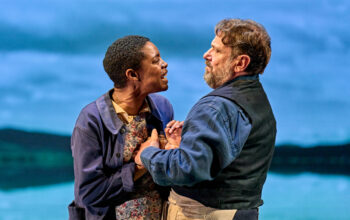
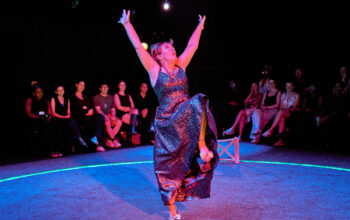
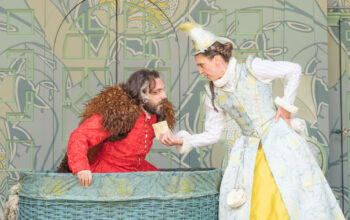
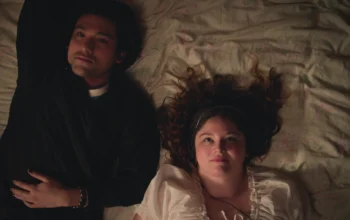
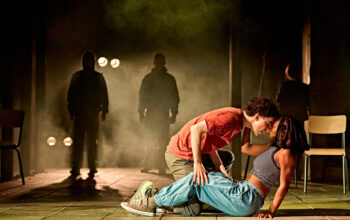
Facebook
Twitter
Instagram
YouTube
RSS